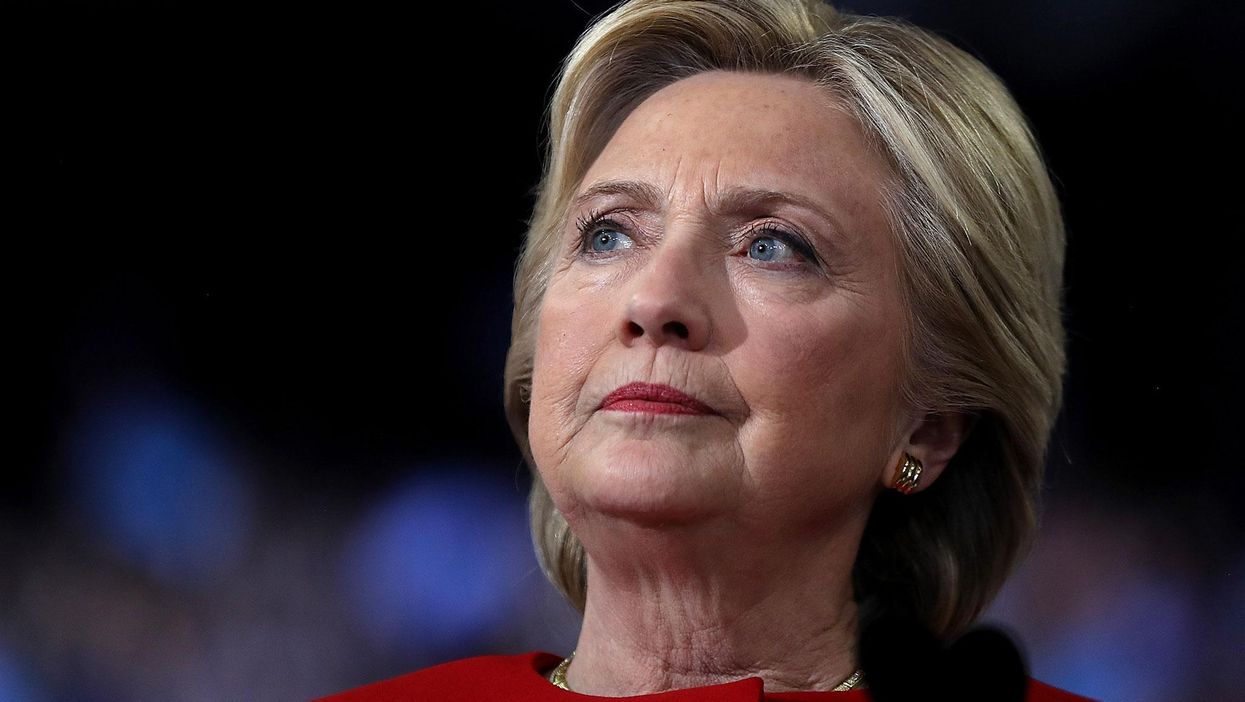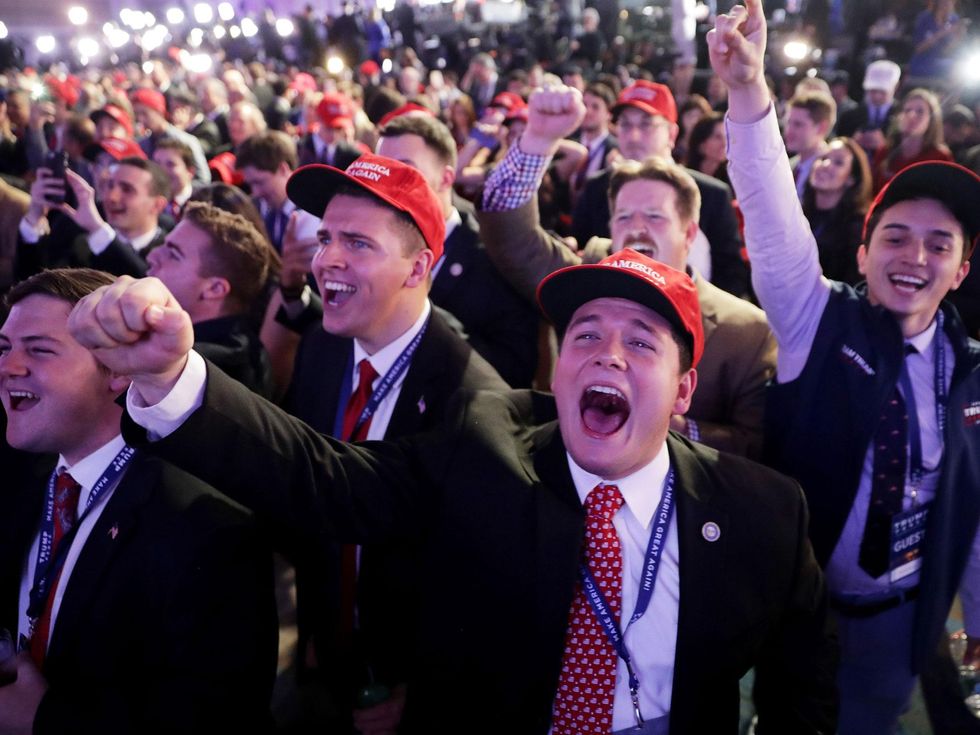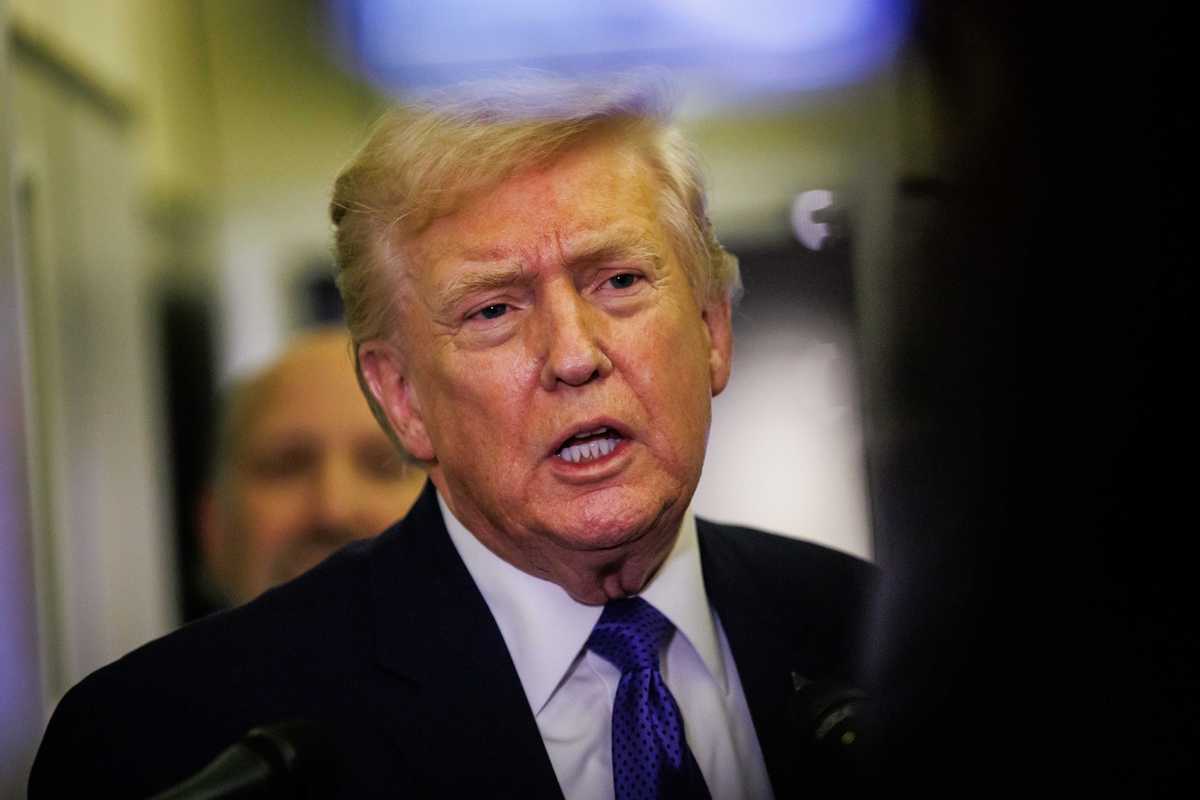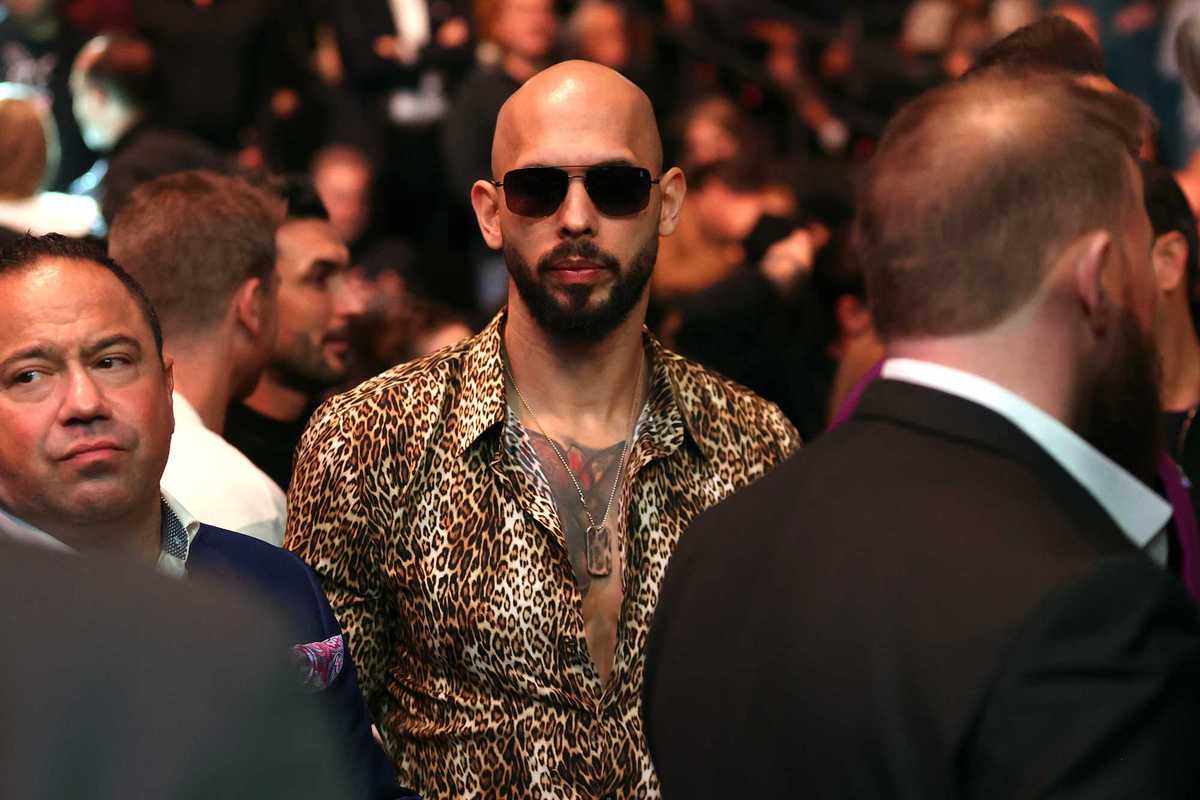News
Chris Cillizza
Nov 15, 2016

Democratic presidential nominee former Secretary of State Hillary Clinton speaks during a campaign rally at North Carolina State University on 8 November, 2016 in Raleigh North Carolina
Justin Sullivan/Getty Images
There's a quote from Hillary Clinton media consultant Mandy Grunwald that is remarkably prescient.
Responding to a question about how Clinton could lose despite being ahead in every traditional measure of the campaign, Grunwald said:
How it will happen would be that the desire for change was greater than the fear of [Donald Trump], the fear of the risk...
That’s something we talked about very early on — how do we make sure that people aren’t comfortable making that leap because they’d like to go for change... The question is what’s the more salient question when they go vote.
That's it. That's the election in a nutshell: change vs. risk.
From the start, Clinton's general-election campaign was heavily focused on painting Trump as someone whom voters not only disagreed with on issues but someone who was also fundamentally unqualified for the job he was seeking.
Democratic presidential candidate Hillary Clinton slammed Republican rival Donald Trump June 2 at a speech on national security. (Reuters)
In a speech in early June in San Diego meant to define the parameters of the general election, Clinton said:
Donald Trump’s ideas aren’t just different – they are dangerously incoherent. They’re not even really ideas – just a series of bizarre rants, personal feuds and outright lies.
He is not just unprepared – he is temperamentally unfit to hold an office that requires knowledge, stability and immense responsibility.
That's how the Clinton campaign communicated with voters throughout the fall. Sure, Trump is change. But he's dangerous change. He's change for change's sake that could leave us far worse off than we are today.
What's fascinating is that the Clinton campaign (or Grunwald, at least) didn't misread the electorate as conventional wisdom over the past six days has suggested. She understood that it was a change-vs.-more-of-the-same dynamic — and that the desire for change was very, very strong.
Why did Clinton lose, then? Because no one understood just how much people wanted change and how big a risk they were willing to take to put someone way outside of the political system into the White House.
Consider this:
- Just 38 percent of voters said that Trump was “qualified” to be president (52 percent said the same of Clinton).
- Just 35 percent said Trump had the “temperament to serve effectively as president” (55 percent said Clinton had the right temperament to be president).
- One in three voters said Trump was honest and trustworthy (36 percent said the same of Clinton).
Numbers like those in almost any other election would ensure a Trump loss. If the goal was to disqualify Trump or suggest that he represented too large a risk to take a chance on, numbers like that seemingly prove the Clinton campaign did its job.
But, the desire for change last Tuesday was bigger than any worries Clinton was able to raise about Trump. Four in 10 voters said the most important character trait in deciding their vote was a candidate who “can bring needed change” to Washington. Of that group, Trump won 83 percent to Clinton's 14 percent — 83 to 14!!!!
Think of it this way: You know a hurricane is coming. You build a 20-foot wall around your property to protect it from the storm surge, believing that the waters have never risen above 14 feet before so you should be plenty safe. Then a 25-foot surge happens.
You're swamped not because you didn't see it coming or didn't plan for it but rather because something ahistoric happened. The past no longer became predictive of the present.

That's what happened to the Clinton campaign. It was based on the old rules of the road. If your opponent is the change candidate, turn that change against him. Rather than refreshing change, turn it into dangerous change.
That all happened. And Trump still won.
Past is prologue only until it isn't anymore.
Copywright: Washington Post
More: British people are pleading for Barack Obama to move to the UK and become Prime Minister
Top 100
The Conversation (0)













